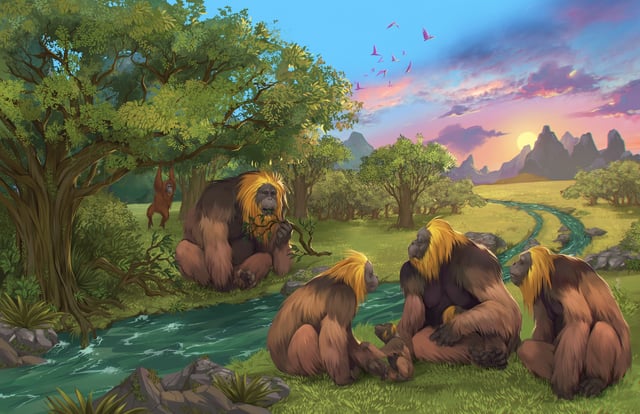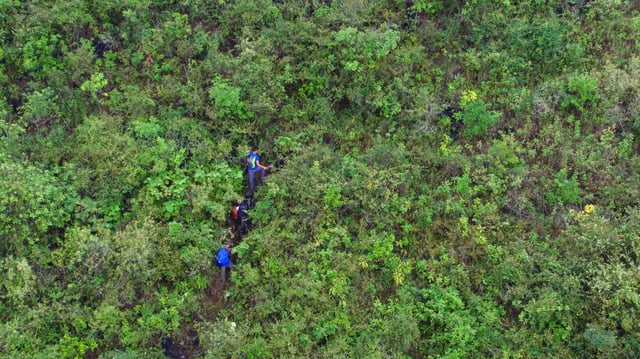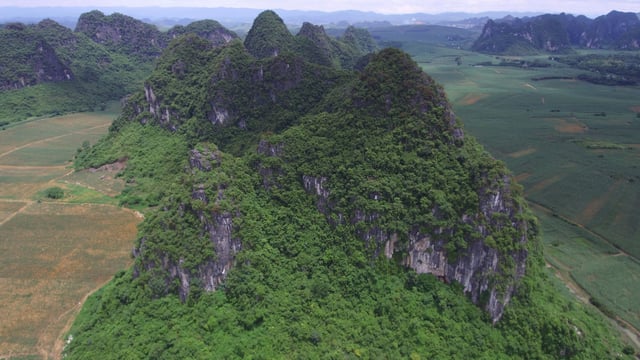Overview
- Gigantopithecus blacki, the largest primate ever to walk the Earth, went extinct between 295,000 and 215,000 years ago due to its inability to adapt to a changing environment.
- The giant ape, which stood nearly 10 feet tall and weighed up to 660 pounds, thrived in dense forests with heavy cover and diverse food sources.
- However, around 700,000 to 600,000 years ago, the climate became more seasonal, leading to changes in plant communities and a decrease in food diversity.
- G. blacki relied on less nutritious fallback food such as bark and twigs when its preferred food sources were not available, leading to chronic stress and dwindling numbers.
- In contrast, the closely related orangutan was able to adapt its size, behavior, and habitat preferences as conditions changed, allowing it to survive longer.



